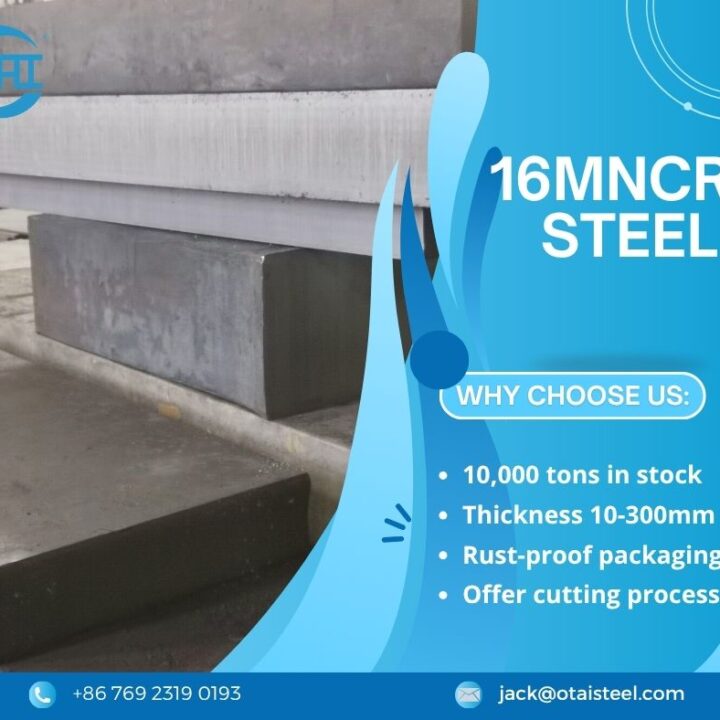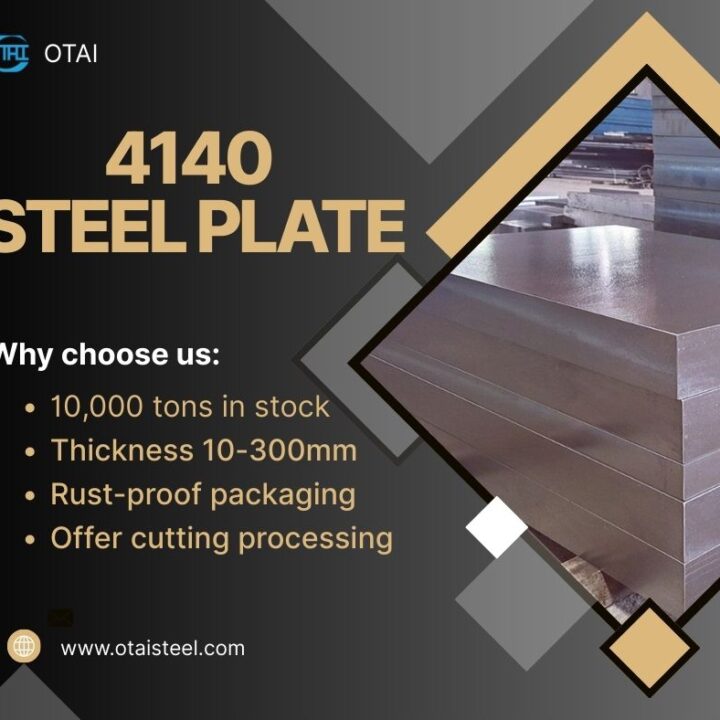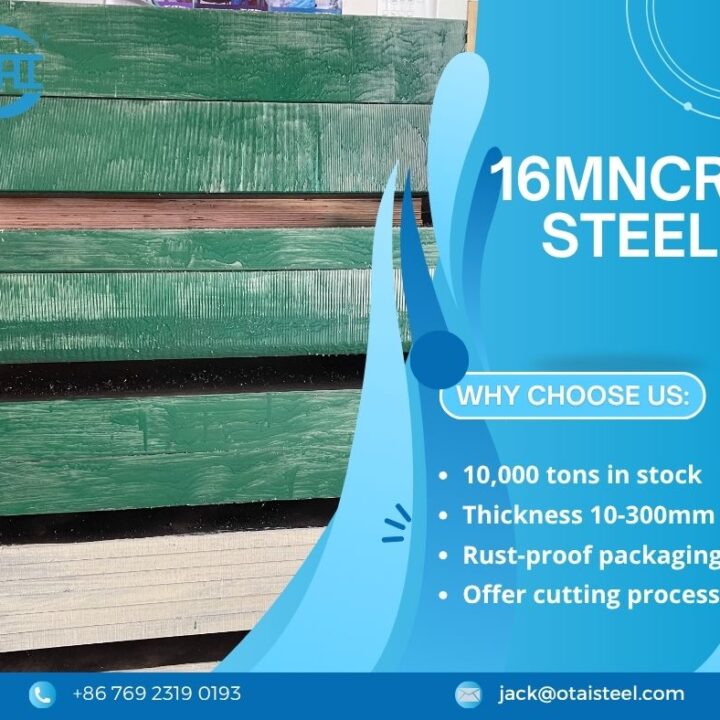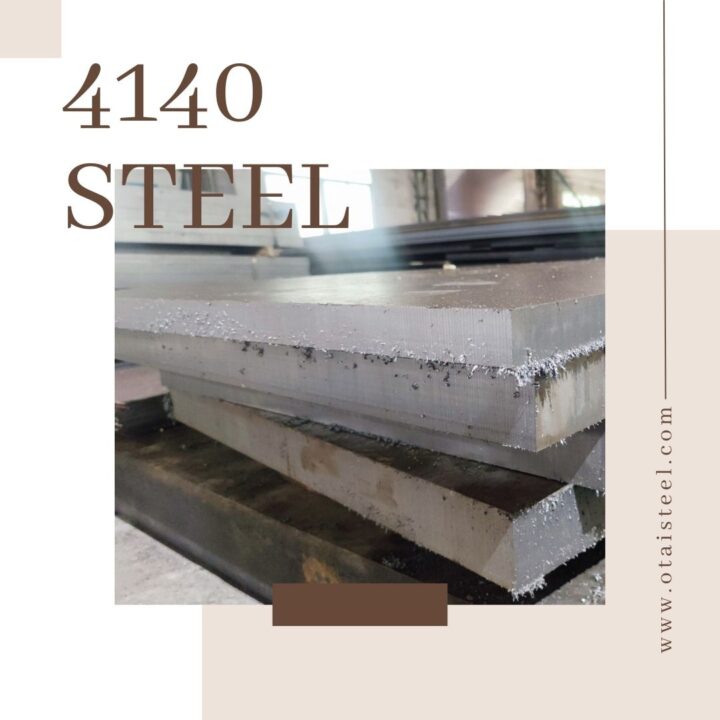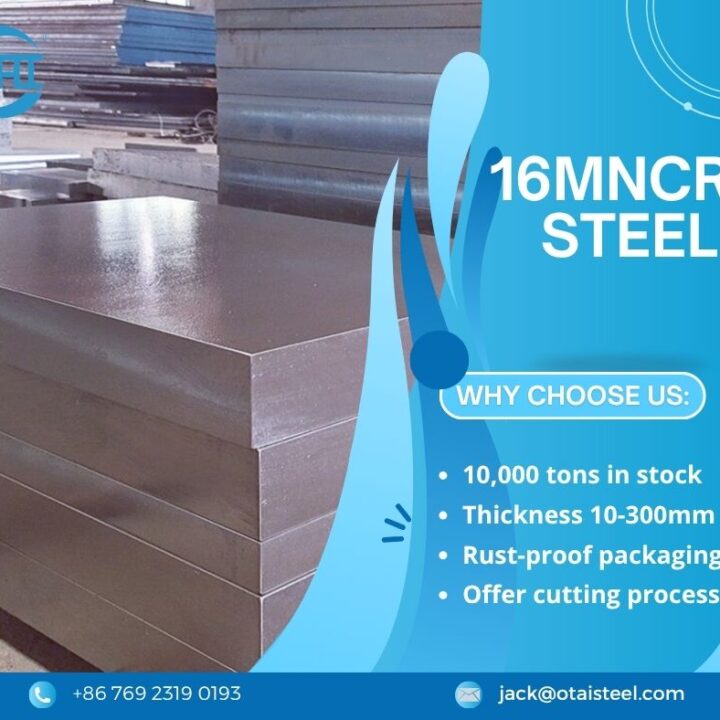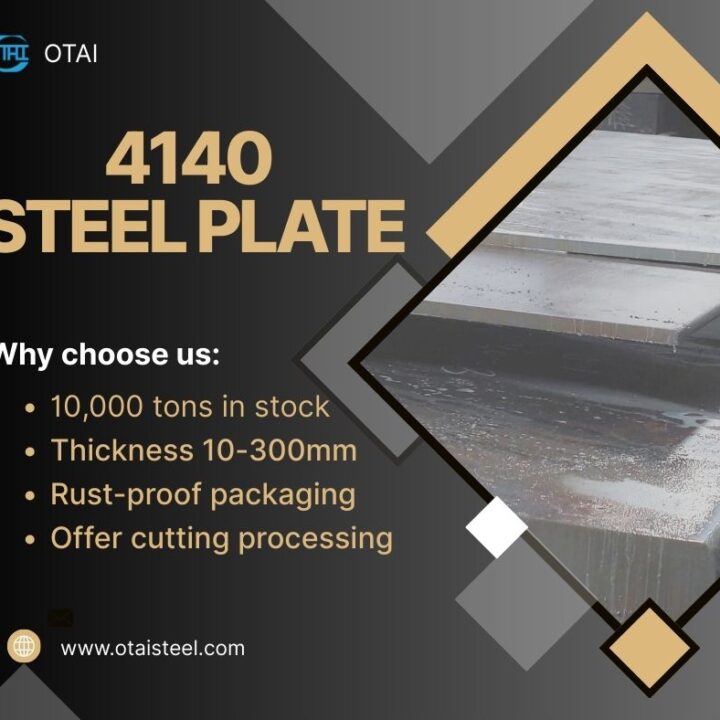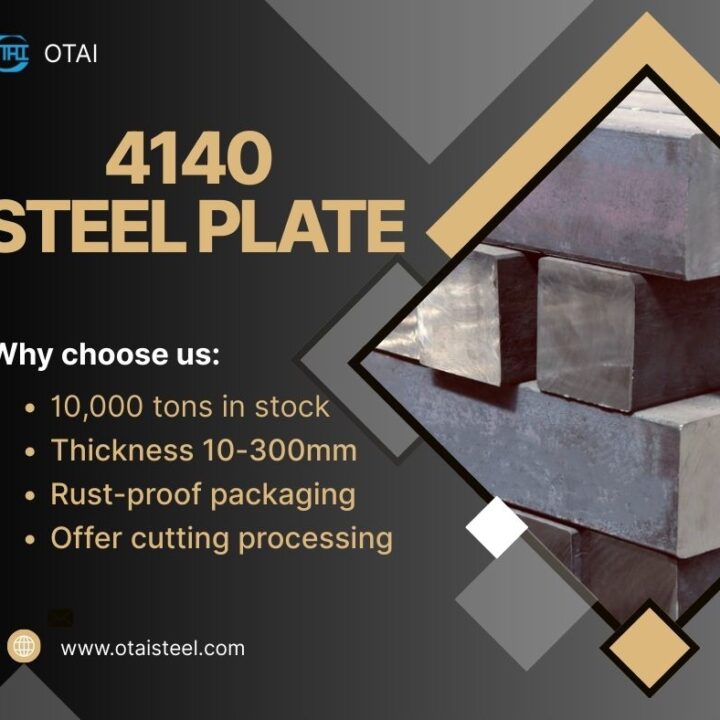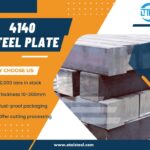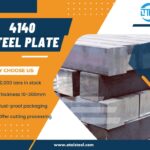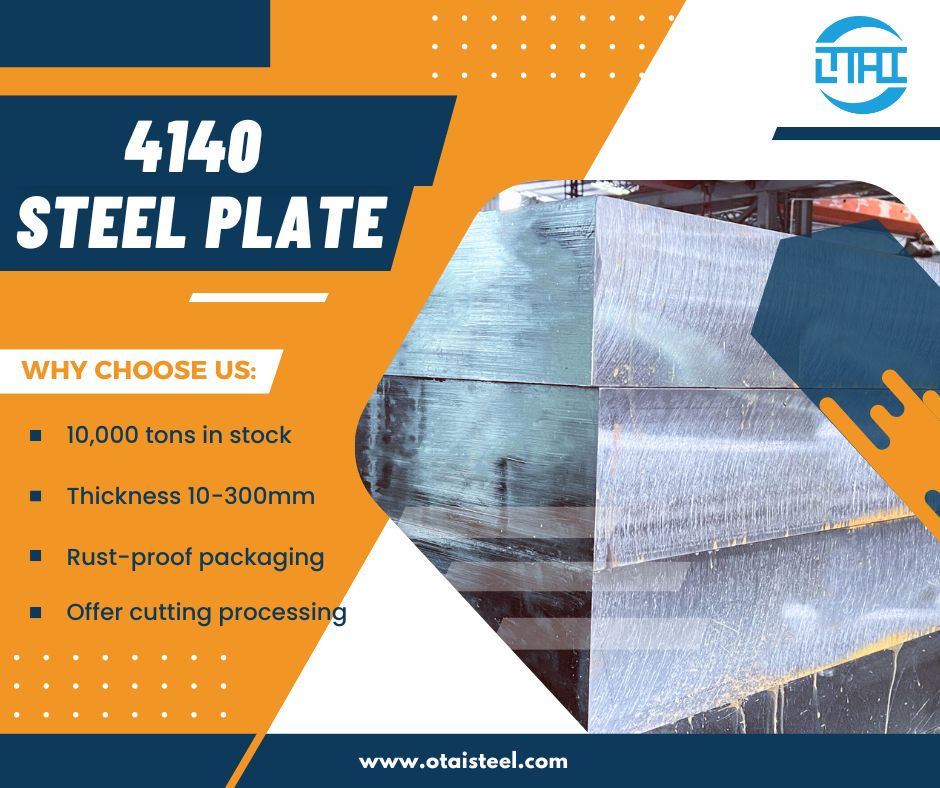 Specific Heat of 4140 Steel: Why It Matters for Engineering & Heat Treatment
Specific Heat of 4140 Steel: Why It Matters for Engineering & Heat Treatment
4140 steel is a powerhouse alloy widely used in mechanical engineering, mold making, automotive parts, and heavy-duty tools. But while most people focus on its hardness or tensile strength, there’s another vital property often overlooked: specific heat.
In this article, we’ll dive deep into the specific heat of 4140 steel, explain its implications in heat treatment and manufacturing, and how it compares with other materials. This is crucial information for engineers, machinists, and purchasing managers alike! 💡
📌 What Is Specific Heat?
Specific heat (also known as specific heat capacity) is the amount of heat required to raise the temperature of one kilogram of a material by one degree Celsius (°C). It plays a major role in:
-
Heat treatment planning
-
Cooling rate management
-
Welding temperature control
-
Thermal fatigue resistance
🧪 Specific Heat of 4140 Steel
Here is a detailed table of the thermal and physical properties of 4140 alloy, including its specific heat value:
| Property | Value |
|---|---|
| Specific Heat Capacity | 460 J/kg·K (at 20°C) |
| Density | 7.85 g/cm³ |
| Thermal Conductivity | 42.6 W/m·K |
| Melting Point | 1416 – 1471°C |
| Coefficient of Thermal Expansion | 12.2 µm/m·K (20–100°C) |
| Electrical Resistivity | 205 nΩ·m |
Specific heat of 4140 steel = 460 J/kg·K, which is fairly typical for medium carbon low-alloy steels.
🛠️ Why Specific Heat Matters in Heat Treatment
The specific heat capacity of 4140 steel directly affects how it heats up and cools down during heat treatment:
-
🔥 Preheating is essential to reduce thermal shock—thanks to its moderate specific heat, 4140 heats steadily.
-
🧯 Quenching must be controlled—because it doesn’t absorb heat too quickly, 4140 can crack if cooled too fast.
-
💡 Tempering and stress relieving benefit from predictable heat absorption, allowing for consistent mechanical properties.
This is why the specific heat of 4140 is such a valuable reference in processes like normalizing, annealing, and austempering.
🔧 Practical Impacts in Manufacturing
Here are some practical uses of this property in real-world scenarios:
-
CNC Machining: Knowing the heat absorption rate helps avoid tool overheating.
-
Welding: Helps in calculating the preheat temperature and interpass temperature.
-
Forging: Ensures uniform temperature distribution during die heating.
-
Gear Hardening: Predicts surface vs core temperature gradients in induction hardening.
The specific heat value helps engineers design precise thermal cycles to avoid warping, microstructural issues, and uneven hardness.
🔍 Comparison with Other Steels
Let’s compare the specific heat of 4140 steel with other common engineering steels:
| Material | Specific Heat (J/kg·K) |
|---|---|
| 4140 Steel | 460 |
| 1045 Carbon Steel | 490 |
| Stainless Steel 304 | 500 |
| Tool Steel D2 | 460 |
| Aluminum (for ref.) | 900 |
You can see that 4140 steel’s specific heat is in the middle range—lower than aluminum but typical for alloy steels. This makes it thermally stable and predictable.
💬 When Should You Care About Specific Heat?
You should especially consider the specific heat of 4140 steel in these situations:
-
You’re designing heat treatment cycles for tools, dies, or shafts.
-
You need to optimize preheat for welding 4140 steel to prevent cracking.
-
You want to predict distortion or stress in large 4140 steel forgings.
-
You’re performing finite element analysis (FEA) for thermal simulations.
Understanding this property helps reduce material waste, improve performance, and extend the life of your components.
🏭 Otai Special Steel: Your Trusted 4140 Steel Supplier
At Otai Special Steel, we offer premium 4140 alloy in round bars, flat bars, and plates with full heat treatment services—including normalizing, annealing, quenching, and stress relieving.
We maintain a large inventory (6mm–300mm thickness, over 10,000 tons), ready for cutting, packaging, and export worldwide. Our clients include major corporations in automotive, oil & gas, and tool-making industries.
We also offer:
- ✅ Ultrasonic testing (UT)
- ✅ Full chemical composition reports
- ✅ Third-party inspection (SGS, BV)
- ✅ Custom mechanical property adjustment based on your specs
Need a quote for your next project? 📩 Contact us now and get expert advice tailored to your application!
📧 Contact us: jack@otaisteel.com
📱 WhatsApp: +8676923190193
❓FAQ
Q1: Is the specific heat of 4140 steel temperature-dependent?
Yes. While 460 J/kg·K is typical at 20°C, this can increase slightly at elevated temperatures.
Q2: How does 4140 compare to stainless steel in heat absorption?
Stainless steel generally has a higher specific heat (~500 J/kg·K), meaning it absorbs heat slightly slower than 4140 under the same conditions.
Q3: Is specific heat important for welding 4140 steel?
Absolutely. It affects preheat temperature and cooling rate, which are critical for preventing weld cracks.
Q4: Can incorrect heat treatment damage 4140 steel?
Yes. Ignoring specific heat can lead to thermal shock, microcracking, and reduced toughness.
Q5: Does surface finish affect thermal properties?
Not significantly for specific heat, but it can influence heat transfer rate during machining or quenching.
